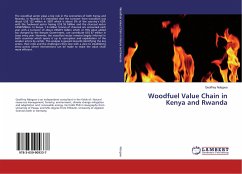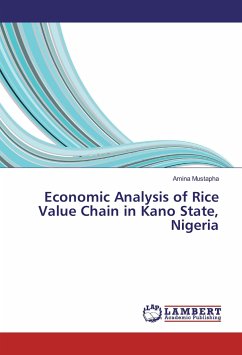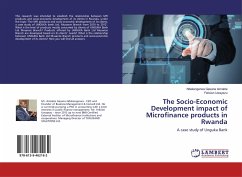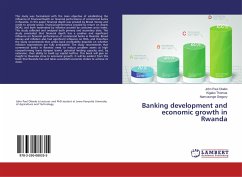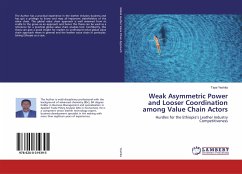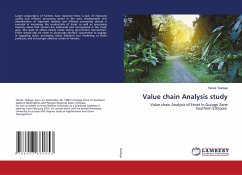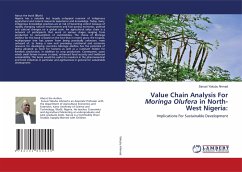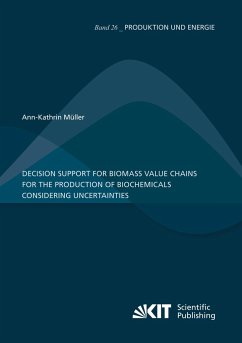The woodfuel sector plays a big role in the economies of both Kenya and Rwanda. In Rwanda it is estimated that the turnover from woodfuel was about US$ 122 million in 2007 which is about 5% of the country's GDP, with the fuelwood sector having US$ 55 Million and the charcoal sector US$67Million. In Kenya, 1.6 million tonnes of charcoal are consumed each year with a turnover of about US$419 million which at 16% value added tax charged by the Kenyan Government, can contribute US$ 67 million in taxes every year. However, the woodfuel sector remains largely informal in both countries which opens it up to corruption and exploitation of the weaker actors by cartels. This analysis is geared towards identifying the key actors, their roles and the challengers they face with a view to establishing entry points where interventions can be made to make the value chain more efficient.

